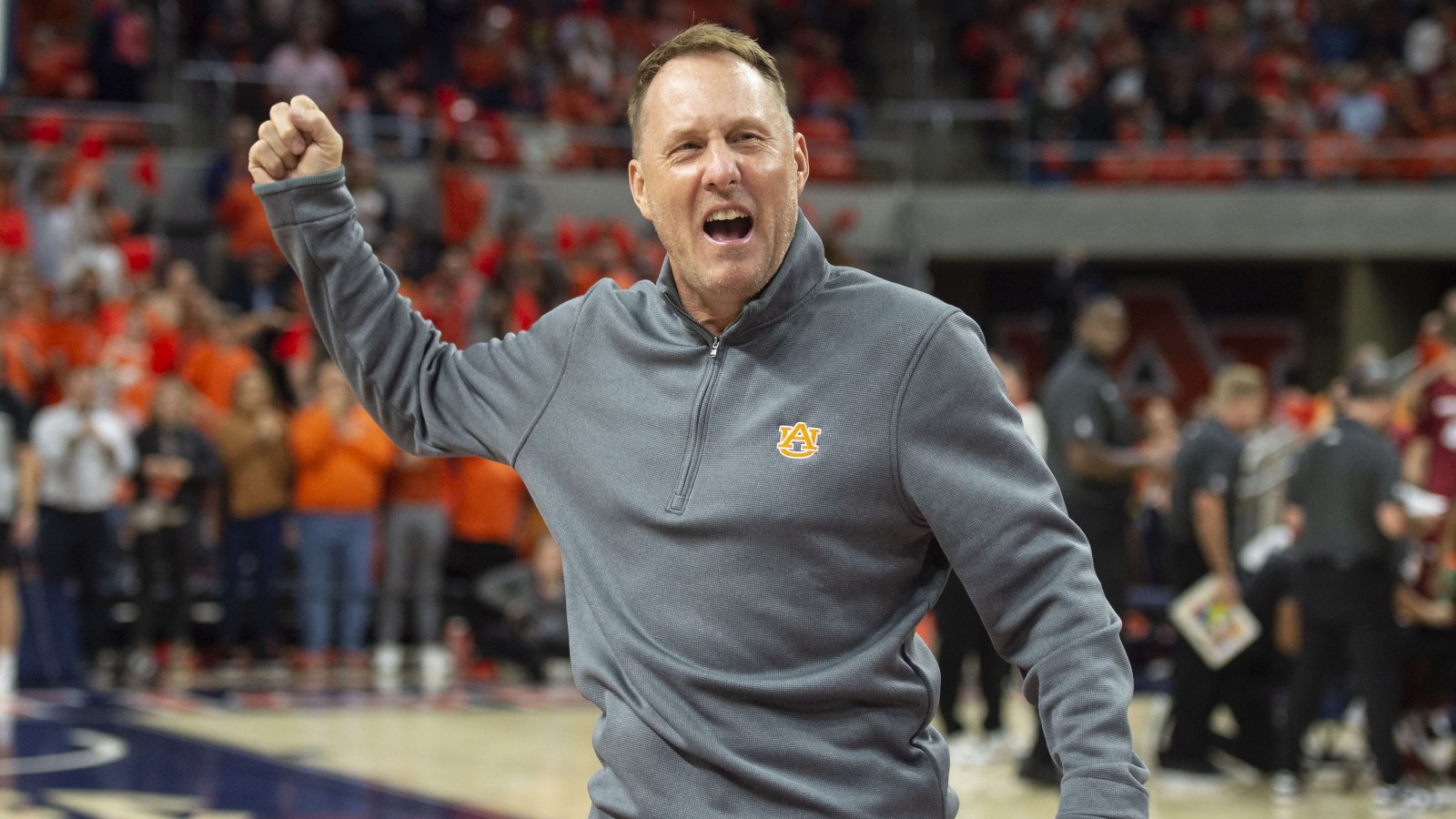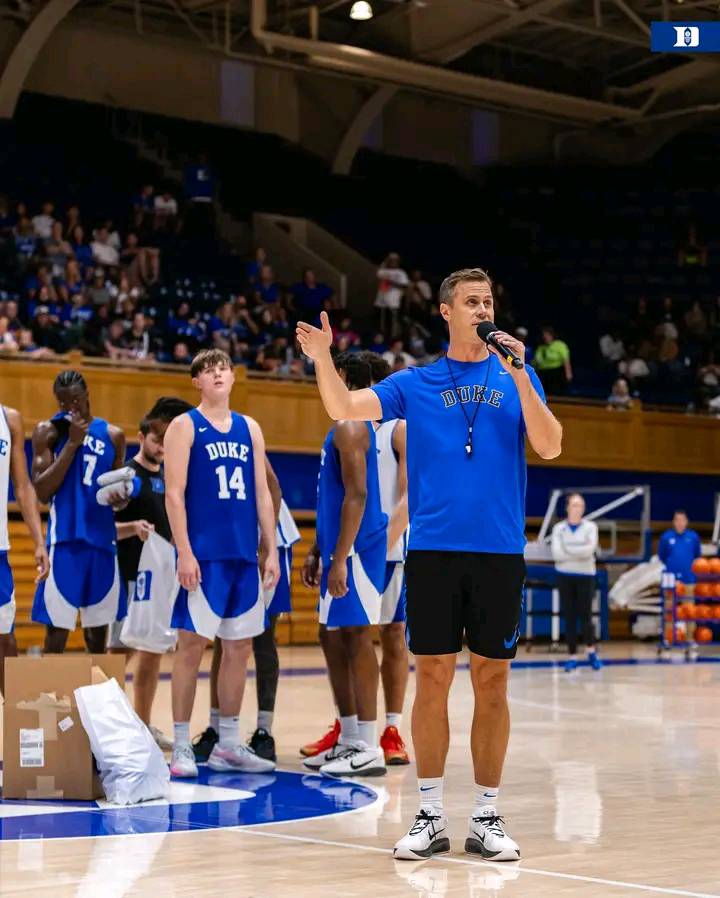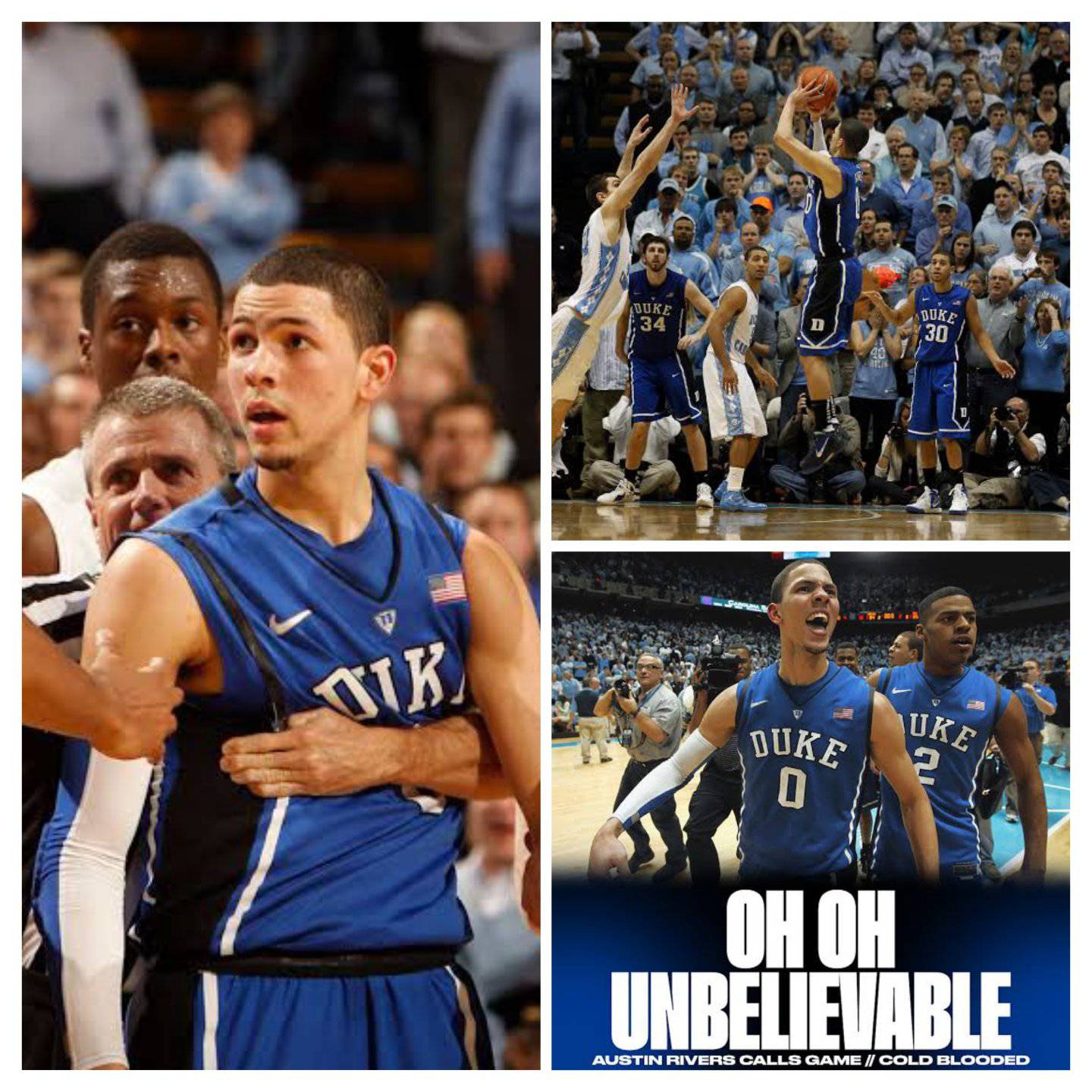As Hugh Freeze Enters Make-or-Break Season, History Reveals Auburn Football’s Familiar Crossroads
As the 2025 college football season approaches, Auburn Tigers head coach Hugh Freeze faces what many are calling a pivotal moment in his tenure. After several seasons marked by flashes of promise mixed with inconsistency, this campaign represents a make-or-break opportunity—not only for Freeze’s future but for the direction of Auburn football itself. Yet, a deeper look at Auburn’s rich and turbulent history reveals a striking pattern: the Tigers have often found themselves at similar crossroads before, wrestling with expectations, pressure, and the ever-intensifying challenge of sustaining success in the unforgiving Southeastern Conference.
Auburn’s storied program has long been a symbol of passion and resilience in college football. With two claimed national championships, numerous SEC titles, and a litany of NFL-caliber talent passing through Jordan-Hare Stadium, Auburn’s place among the sport’s elite is well established. But beneath that proud legacy lies a history of peaks and valleys, of coaching transitions that tested the program’s identity, and seasons that proved pivotal for the Tigers’ long-term trajectory.
Hugh Freeze arrived at Auburn in late 2023 with the hope of steering the Tigers back to prominence. His previous successes at Ole Miss and Liberty, along with a reputation for offensive innovation and player development, generated excitement among Auburn faithful. The program sought a fresh start after a series of turbulent years, and Freeze’s hiring was seen as a turning point. Yet, after nearly two full seasons, questions abound. Will Freeze be the architect of Auburn’s revival, or will this season mark the beginning of another rebuilding phase?
History suggests that Auburn football has navigated similar moments with mixed results. Throughout the past few decades, the Tigers have often reached seasons that would define the legacies of their head coaches and shape the program’s future. Whether it was the eras of Terry Bowden, Tommy Tuberville, or Gus Malzahn, Auburn’s journey has included numerous “make-or-break” junctures marked by high expectations and intense scrutiny.
Take, for example, Tommy Tuberville’s third season in 2004, when Auburn went 13-0 and captured the SEC title, signaling a program restored to national relevance. Tuberville’s success did not come without previous seasons of adjustment and pressure, but the breakthrough illustrated how a critical year could solidify a coach’s impact and invigorate the fanbase. Similarly, Gus Malzahn’s third season in 2013 culminated in a national championship appearance, a testament to how perseverance and strategic growth can propel Auburn into elite company.
Yet, the Tigers have also seen seasons where expectations fell short, leading to coaching changes and renewed uncertainty. The mid-2000s, for example, saw Auburn cycle through several coaching staffs, struggling to maintain consistency amid high stakes and fierce SEC competition. The turbulence that followed underscored the fine line between success and disappointment in college football’s most demanding conference.
Hugh Freeze now finds himself in a comparable situation. Entering the 2025 season, his third full year at Auburn, Freeze must demonstrate tangible progress on the field while continuing to build a culture of discipline and resilience off it. The stakes are unmistakable: a strong season could cement his position and set the Tigers on a course back to SEC contention, while a disappointing campaign risks reigniting questions about leadership and direction.
What makes this moment especially challenging is the evolving landscape of college football. The SEC West remains arguably the most competitive division in the sport, featuring perennial powerhouses like Alabama, LSU, and Texas A&M. Auburn’s path is laden with elite opponents week after week, and the margin for error is razor-thin. Freeze’s ability to prepare his team mentally and physically for this gauntlet will be a key factor in determining success.
Additionally, the transfer portal and NIL (Name, Image, Likeness) era have added new dimensions to roster management and recruiting. Auburn must not only attract top talent but also retain and develop players in an environment where opportunities abound elsewhere. Freeze’s leadership in navigating these challenges, cultivating loyalty, and fostering a competitive spirit will be scrutinized intensely by fans and analysts alike.
Despite these pressures, there are reasons for optimism. Auburn’s current roster features a blend of experienced veterans and promising young talent, many of whom have bought into Freeze’s vision. The Tigers have shown flashes of offensive explosiveness and defensive tenacity in recent games, hinting at a team capable of competing with the best. Moreover, the coaching staff has steadily refined schemes and adjusted strategies to maximize the roster’s strengths, signaling a program finding its identity.
Importantly, Auburn’s fanbase remains passionate and engaged, a vital factor in energizing the team and creating an intimidating home environment at Jordan-Hare Stadium. The community’s support, combined with a renewed recruiting pipeline, provides a foundation upon which Freeze can build.
Still, history reminds us that Auburn’s trajectory can hinge on key moments—tight games, pivotal injuries, and the ability to finish strong in high-pressure situations. The 2025 season will undoubtedly test Auburn’s mental toughness and resilience as much as its physical skill.
As the Tigers prepare to take the field, the parallels with past Auburn “make-or-break” seasons offer a compelling lens through which to view this campaign. Like their predecessors, Freeze and his team must harness the weight of tradition while forging a path forward amid the evolving challenges of modern college football.
Ultimately, Auburn’s story this fall will be about more than wins and losses. It will reflect the program’s enduring spirit—the capacity to confront adversity, embrace change, and strive relentlessly for excellence. For Hugh Freeze, the 2025 season represents a defining chapter, one that will test his ability to lead, adapt, and inspire in a landscape that demands nothing less than greatness.
History shows Auburn football has faced such crossroads before, and more often than not, the program has risen to the occasion. Whether this season will follow that pattern remains to be seen, but one thing is clear: the Tigers’ fight for relevance and glory continues, and all eyes will be watching as Hugh Freeze and Auburn enter this critical juncture with everything on the line.



